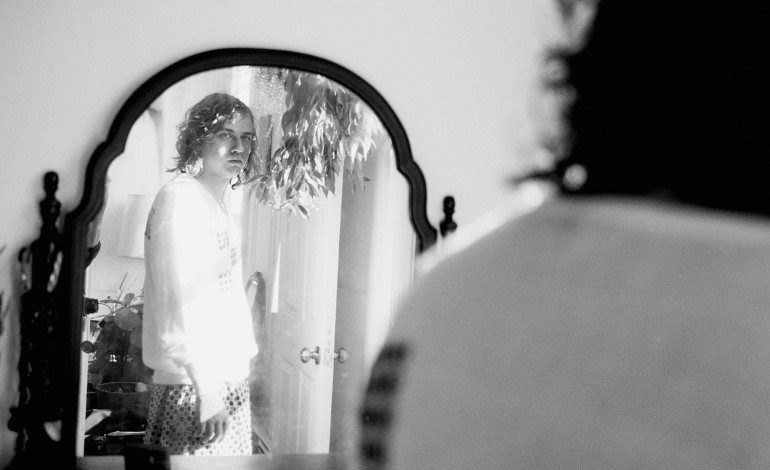

Ode to the Concrete Jungle
Kevin Morby has come a long way since first arriving in New York City, a high-school dropout with $600 in his pocket. After putting in time as bassist and frontman for The Woods and The Babies, respectively, Morby headed out to the West Coast to work on a solo career.
City Music, his fourth studio album, draws inspiration from urban landscapes — specifically, New York City and L.A. His instrumental arrangements mirror the constant metropolitan flow of energy, complete with sudden spikes in the form of out-of-the-blue guitar solos that then dwindle and meander, evoking the feeling of strolling down a crowded, thrumming sidewalk in the middle of the day.
Morby deftly alternates between a feeling of immersion and distant observation, playing with the theme of feeling alone in a densely populated area. Predominantly an original work, with a dash of The Germs and a whispered Flannery O’Connor passage, City Music is part album and part Americana scrapbook.
The album kicks off with the haunting blast of a 19th century pump organ that Morby found lying around the studio while recording. Paired with the sleepily sung line, “Where do you go when you die?” it’s an ominous beginning to an otherwise lighthearted tracklist. “Aboard My Train” begins sparsely and picks up instruments and momentum like the narrator picks up passengers in his life, eventually turning over into a cheerily nostalgic rock ’n’ roll fever pitch.
Slow as molasses and dipped in reverb, “Dry Your Eyes” channels Lou Reed’s weary monotone for a song about feeling alone in a city full of people. Breaking up the album is a forty second clip of Meg Baird softly whispering a passage from Flannery O’Connor’s novel The Violent Bear It Away. The title track is a jazzy, shimmering piece that accelerates and slows without warning, perhaps best encapsulating the idea of a bustling urban center, which Morby strives to convey. “Caught In My Eye,” originally a raucous punk ode a la The Germs, is unplugged and given a mild sedative — a choice that is far more successful than it sounds.
Life in America’s cities is a broad topic that’s been tackled by innumerable crooners armed with their guitars, and yet Morby manages to deliver something refreshing by approaching it with an almost childlike sense of wonder. City Music takes all the cynicism one would expect and exchanges it for reverence — celebrating beauty and grit all in the same breath.
